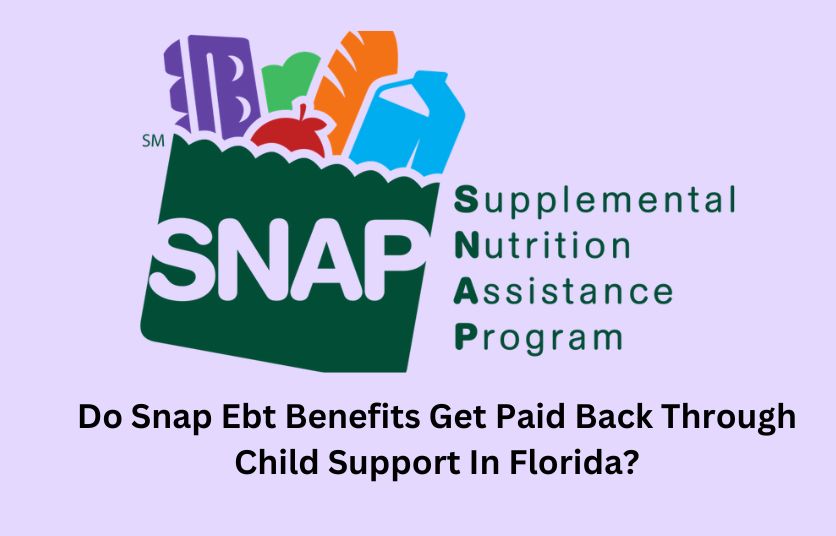The relationship between public assistance programs and child support can be complex. In Florida, understanding the dynamics between the Supplemental Nutrition Assistance Program (SNAP) and child support is crucial for recipients and those involved in child support agreements.
In this article, we will explore the question of whether SNAP EBT benefits get paid back through child support in Florida. We will discuss the guidelines and regulations set by the state regarding these benefits, as well as how they may affect both recipients and non-custodial parents.
What is SNAP Benefits?
SNAP, commonly known as food stamps, is a federal assistance program designed to help low-income individuals and families purchase nutritious food. In Florida, as in other states, SNAP benefits are not loans but grants, meaning recipients are not expected to repay the benefits they receive. The program is funded by the federal government but administered at the state level.
SNAP and Child Support: The Connection
- Mandatory Cooperation: To be eligible for SNAP benefits, some recipients might be required to cooperate with the state’s child support enforcement agency. This cooperation can encompass:
- Identifying and locating the non-custodial parent.
- Establishing paternity.
- Assisting in obtaining child support payments.
- Child Support as Income: For SNAP eligibility and benefit calculation, child support payments received by a household are considered unearned income. Accurate reporting of child support is essential to ensure the correct benefit amount.
- Overissued Benefits: If a household mistakenly receives more SNAP benefits than they should, due to errors or misrepresentation, the state can seek repayment. However, this is specific to overpayments and not the regular benefit amounts.
Child Support and Other Public Assistance Programs
While SNAP benefits don’t need repayment, other public assistance programs might have a more direct relationship with child support:
- TANF (Temporary Assistance for Needy Families): This program might require a portion of child support payments to reimburse the state for provided benefits.
Key Takeaways
- No Direct Repayment: SNAP benefits, once issued, are not expected to be paid back through child support or any other means.
- Cooperation is Crucial: Cooperation with child support enforcement can be a condition for receiving SNAP benefits, ensuring non-custodial parents contribute to their children’s welfare.
- Stay Informed: Always report accurate information when applying for or renewing SNAP benefits. Any changes in income, including child support, can affect benefit amounts.
Conclusion
The nexus between SNAP benefits and child support in Florida underscores the state’s commitment to ensuring the well-being of its residents, especially children. By understanding the nuances of these systems, recipients can better navigate their benefits and responsibilities.
For personalized guidance or concerns, consulting with Florida’s Department of Children and Families or seeking legal advice is recommended. So, it is crucial for recipients to stay informed and knowledgeable about the intricacies of these programs. By doing so, they can ensure their families receive the support they need while also fulfilling their obligations.
